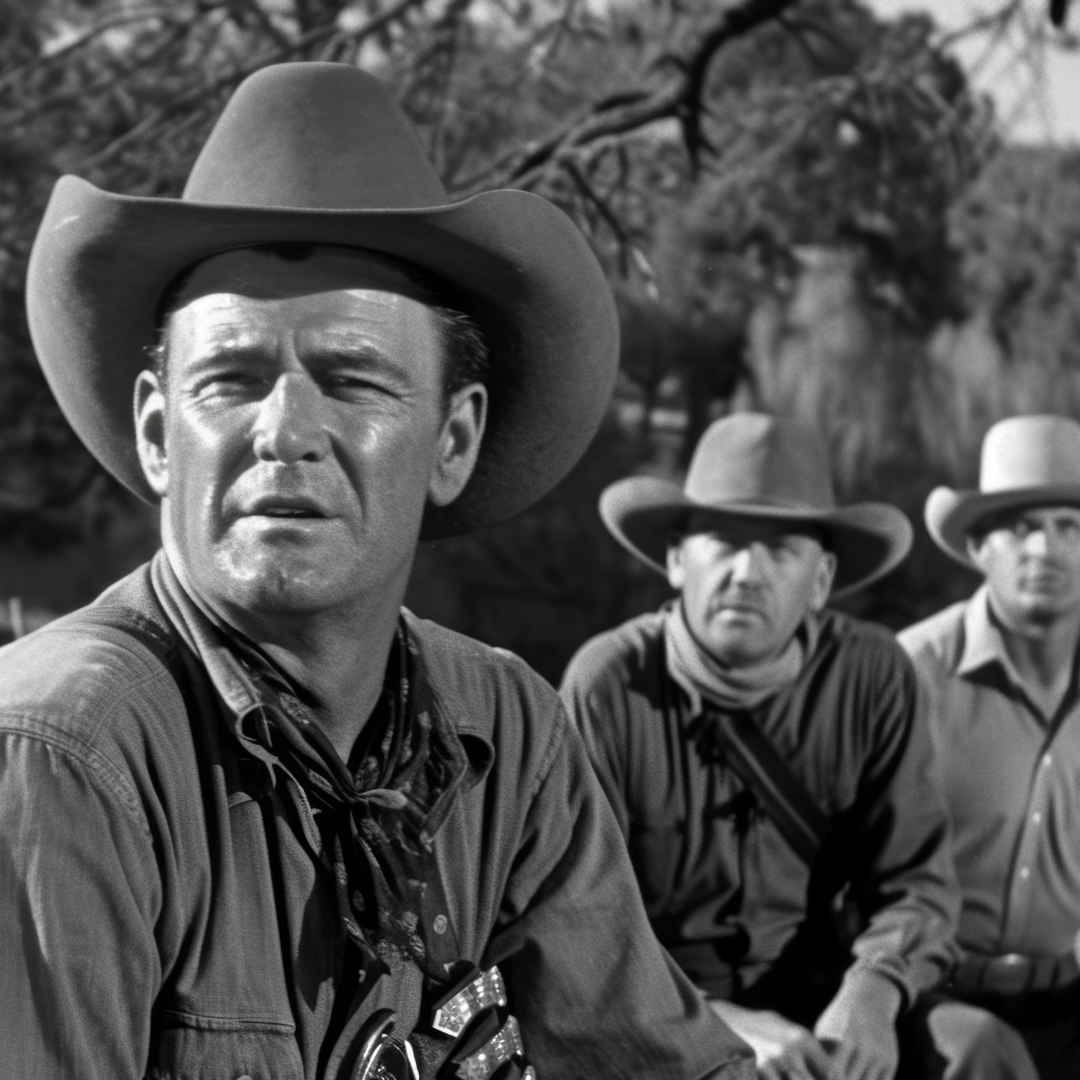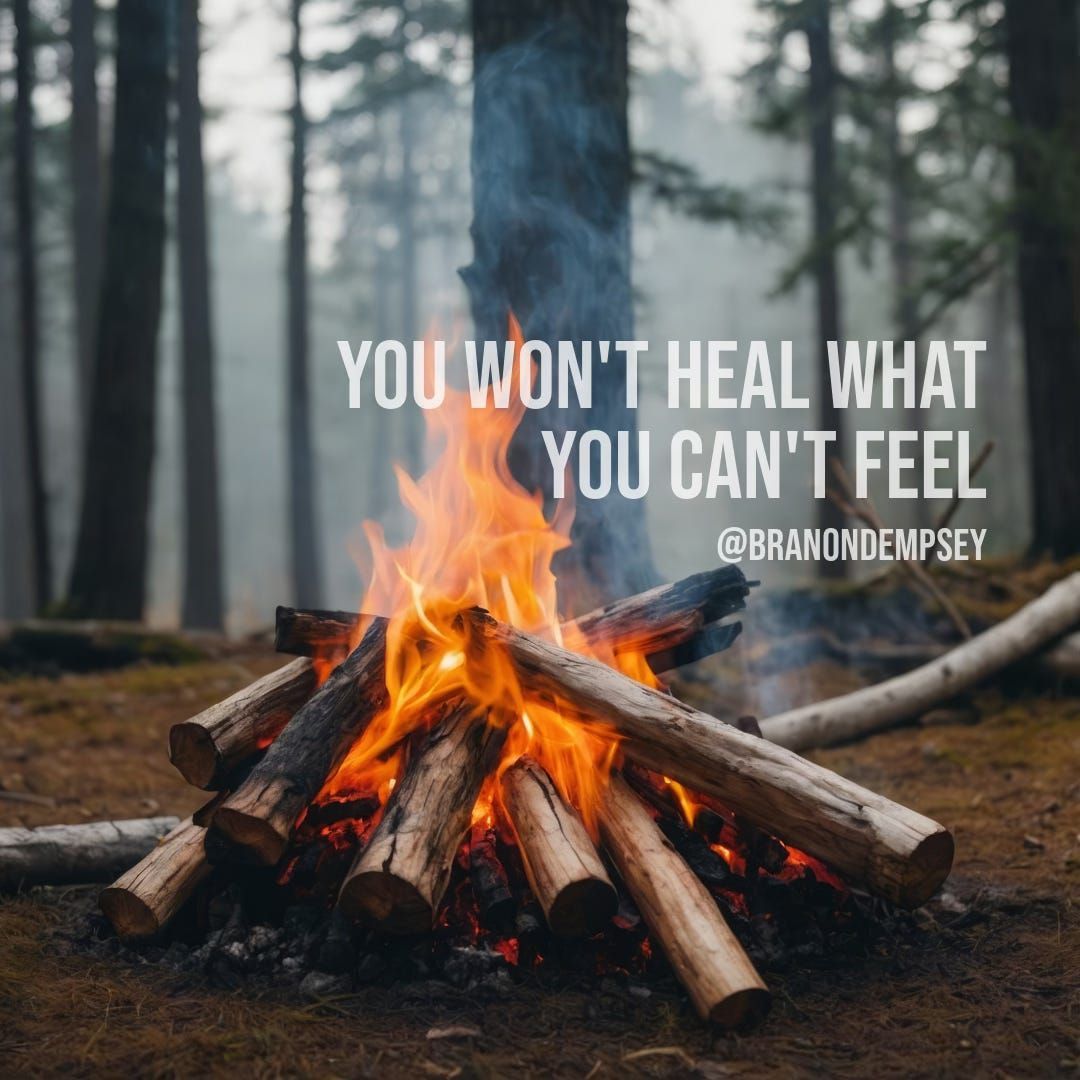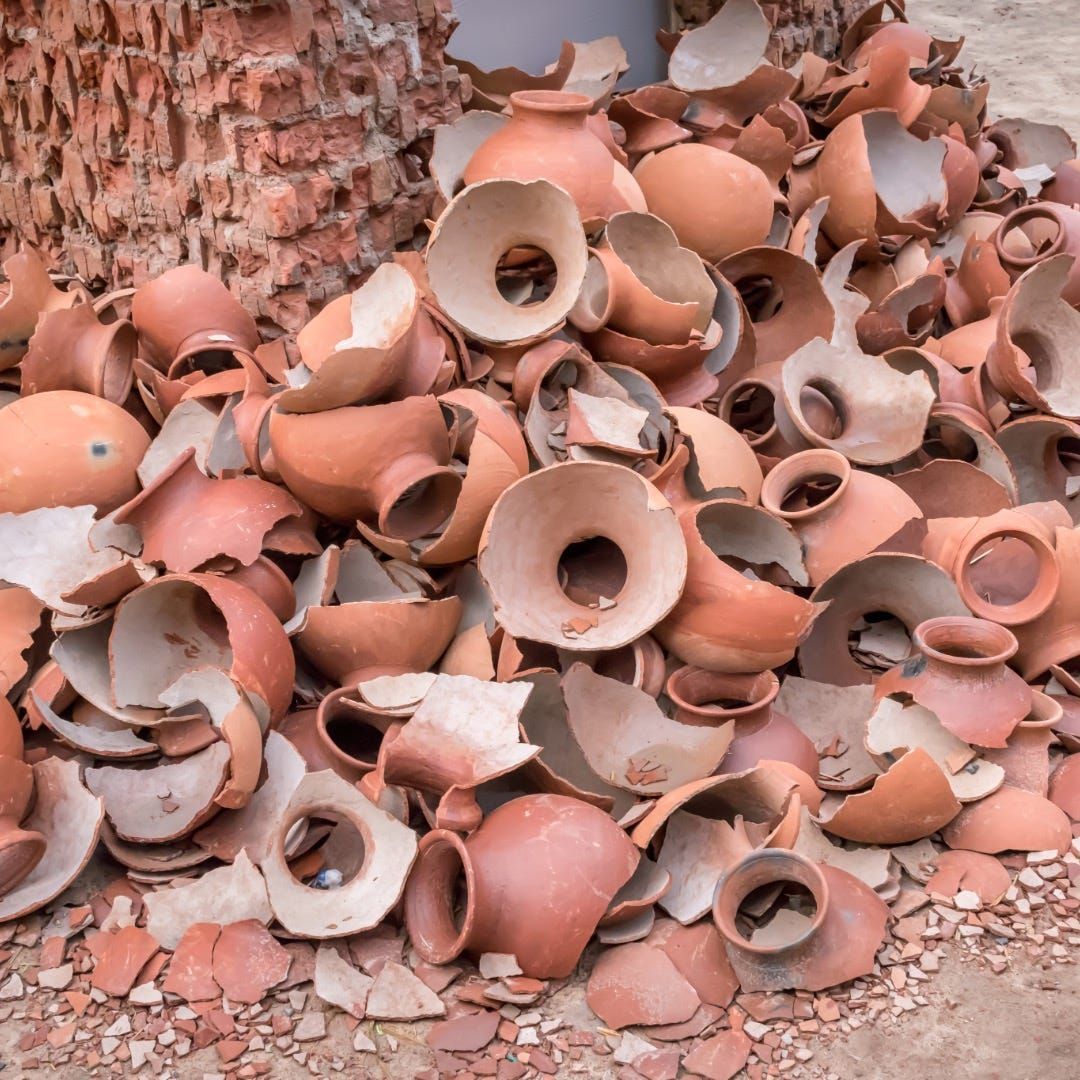Size Doesn’t Matter
Redefining Masculinity and Healing the Inner Child
For most of my life, I felt the crushing pressure to fit into a box. Strength. Dominance. Independence at all costs. But my story isn’t just about failing to fit in. It’s about something deeper.
At the age of six, my life was shattered. I am a survivor of childhood sexual abuse.
When I looked in the mirror, I didn’t see strength or power. I saw shame. A boy who was dirty. Unlovable. Broken. The need to belong wasn’t just about fitting in—it was about feeling worthy of love.
To mask the wounds, I tried to prove my masculinity. I performed, I pushed, and I pretended. But behind the facade, that wounded child inside me was slowly dying.
Our understanding of masculinity is shaped by culture. The way society reacts to male survivors and the ways we cope reflect what we believe about men and victimization. And often, the unspoken message is this: men don’t hurt, men don’t cry, and men don’t talk about being vulnerable.
But what happens when you don’t measure up to those standards?
For me, the belief that I wasn’t “man enough” haunted me. It seeped into every part of my life, creating a quiet shame that I couldn’t outrun.
And yet, the truth is this: masculinity isn’t a performance.
It’s not measured by how much you control, conquer, or suppress. It’s not about ticking off society’s boxes or mimicking the images of strength we’ve been handed—whether from John Wayne or the men in our lives.
True masculinity is about something deeper.
For me, it’s about:
• Integrity—choosing honesty, even when it’s uncomfortable.
• Compassion—showing care for myself and others.
• Vulnerability—allowing myself to be seen, even in my imperfections.
• Uplifting others—not tearing people down to feel stronger.
When I clung to toxic definitions of masculinity, I fell into patterns that hurt me—and others. Ridicule, emotional walls, and the fear of looking weak left scars. Along with the trauma of my abuse, I came to the brink of suicide.
What stopped me?
I told myself, “No, I’m not going to end this way.”
That was the turning point. When I began the hard work of healing—of facing my pain, rejecting false expectations, and talking about my story—I started to find freedom.
This is why your story matters.
Childhood abuse, especially for men, often leaves wounds that don’t just heal with time. These wounds can fester beneath the surface, shaping how we view ourselves, how we show up in relationships, and what we believe about our worth. This becomes even more dangerous when men (like I did), bury their pain.
The pain takes time to heal, but you are in the process of connecting your self-worth. I want to reassure you that healing is indeed possible. Reclaiming your childhood isn't about erasing the pain; it's about finding strength in your journey. It’s learning how to redefine what it truly means to be human.
Abuse often thrives in silence, making it essential to acknowledge your experiences. This step isn’t about blaming anyone. What makes it a hard step forward is that you are learning to honor your story and giving yourself permission to grieve. It’s hard to look at your story. Especially when the word taught you to adhere to a certain formula of expectations. When those expectations are not met - due to the abuse - we feel like an utter failure to those who made those demands like: our parents, teachers, pastors, authority figures, and other influential individuals.
Society often places intense pressure on men to conform to a specific image of masculinity, which can obstruct the path to addressing past abuse.
Let me be clear, masculinity isn’t about suppression; it’s about authenticity.
Allow yourself to be vulnerable. Sharing your struggles adds to your strength and highlights your humanity.
Embrace emotional literacy by learning to identify and express your feelings, breaking the chains of emotional suppression that can result from abuse.
Show yourself compassion. True masculinity begins with kindness towards yourself and extends to others.
Within you lies the child you once were, carrying both the hurt and confusion of the past, as well as the potential for healing.
Healing your inner child is not about dwelling in the past; it’s about forging a connection between who you were and who you’re becoming. The journey of healing is rarely linear. Setbacks are natural, and old wounds might resurface from time to time.
Your story is not a source of weakness; it’s a testament to your resilience and a demonstration of your strength.
Consider advocating for other survivors, lending your voice to their experiences.
Write or speak about your journey to inspire and uplift others.
Use your story as a foundation to build a life filled with purpose and authenticity.
The pain you’ve endured doesn’t define you; it’s a part of what equips you to become a man of integrity, compassion, and courage.
When you share your story, you reclaim the power that they took away.
Masculinity isn’t about being perfect or invincible. It’s about being real. Being human. Taking responsibility.
The world doesn’t need more men trapped by oudated rules. It needs men who are brave enough to redefine masculinity with compassion, courage, and truth.
For me, it’s been seven years of sharing my story, but that beats the 40 years I spent living in silence and shame.
Healing, for me, meant going back to the boy I was. Because that boy is still with me—in my memories, my feelings, my reactions, and my very being. Getting to know him was essential.
The fact that you survived into adulthood is proof that, as a child, you were resourceful, creative, and strong. You owe that little boy a debt of gratitude. It’s because of his courage and determination that you’re here today, working toward recovery.
He deserves your respect. Your love. Your friendship. You are the adult he can count on now. You are living proof that he made it through, despite the odds.
Healing isn’t about becoming more masculine or feminine—it’s about reconnecting with your inner child, nurturing the love and safety you never had, and embracing your humanity.
Final Thought:
Reclaiming your childhood from abuse doesn’t mean denying your past. YOu learn how to work through the past feelings to connect yourself to the present. This involves transforming how those experiences shape your life.
True strength is discovered in the courage to confront your pain, the vulnerability to seek connection, and the honesty to live with integrity.
You may not be able to change the past, but you have the power to choose healing. This is your healing. Your story is not over, you now have the opportunity and strength to write the remaining chapters - where you want to end-up.
Remember, the world’s expectations do not lessen or dictate the importance of your story. Your journey and how you choose to share it matters because you never know how your story will help unlock other people’s freedom.
Size doesn’t matter. Your story does.

Copyright 2025 Branon Dempsey / Your Story Matters
All Rights Reserved. Admin by WTT Productions
Articles That Matter


